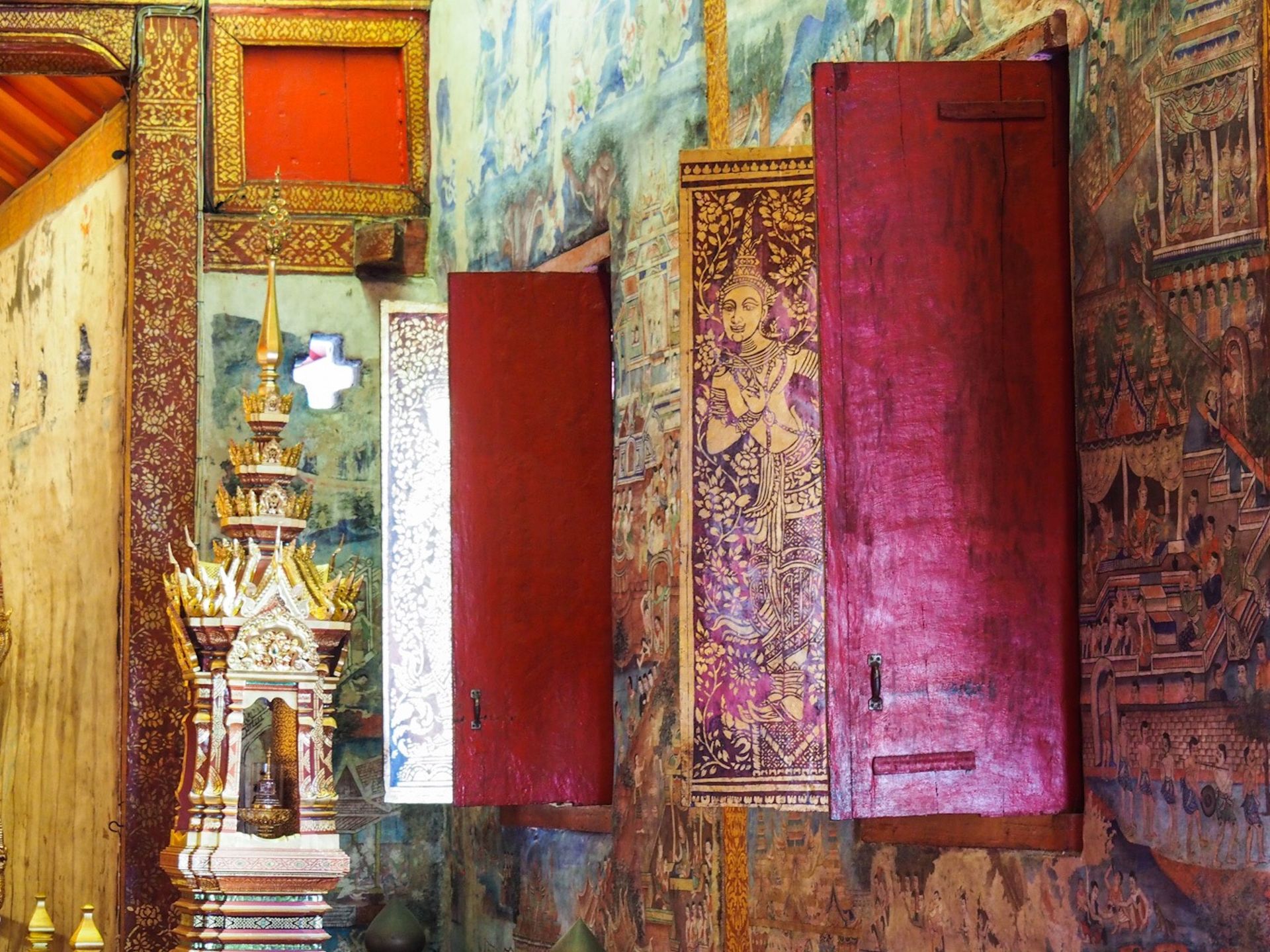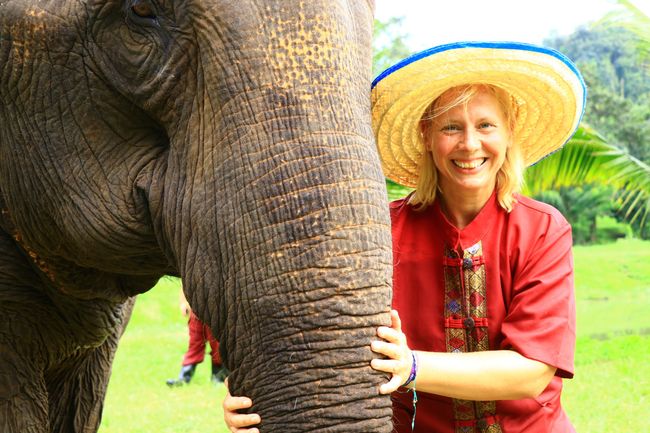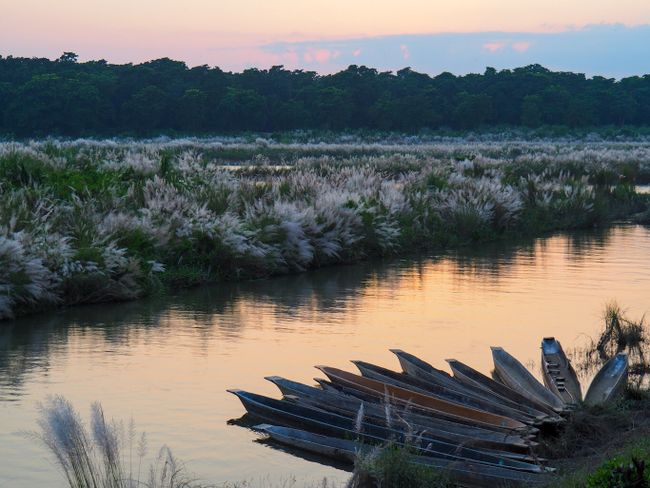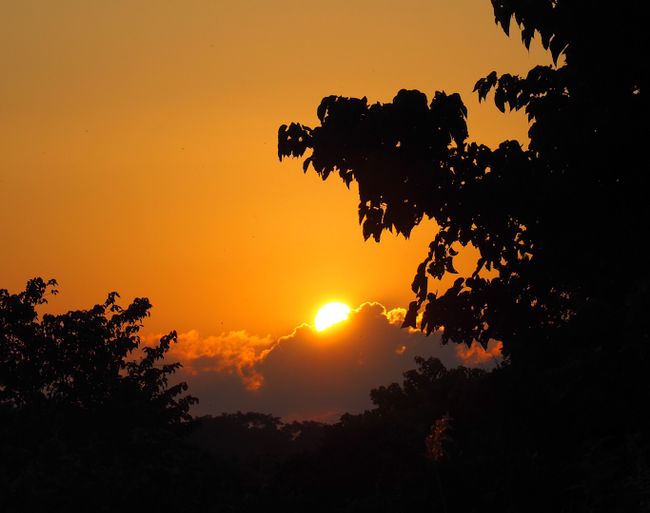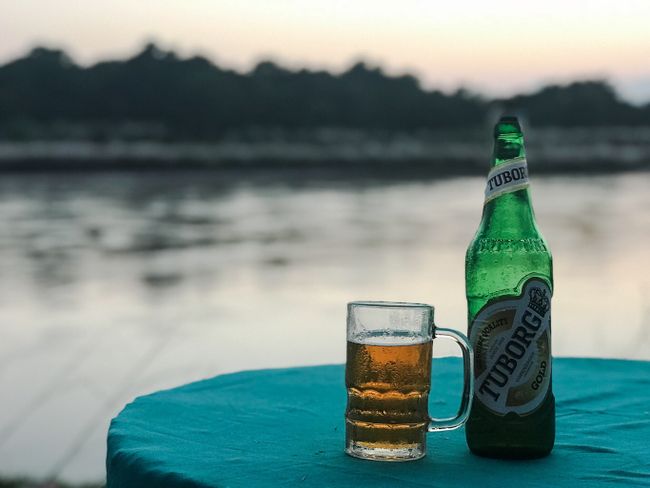Off to Chitwan!
ئېلان قىلىندى: 22.09.2018
گېزىتلەرگە مۇشتەرى بولۇڭ
The Chitwan National Park is probably the most visited park in Nepal. No wonder, as it not only offers beautiful subtropical rainforest landscapes, but also is home to the Bengal tiger, rhinoceros, elephants, gaur, sloth bears, leopards, crocodiles, and more than 544 species of birds. It is located in the central south of Nepal and forms a natural border to India. After my great experiences in South Africa, it is clear: I want to go there! We set off early in the morning with one of the many tourist buses. Departure is at 7 o'clock. Okay, Nepalese time. Because the bus doesn't really start rolling until an hour later. The journey takes between 5 and 7 hours, depending on the condition of the road. Later I find out what the tour guide meant by that and have great respect for the bus driver. It's unbelievable how he inches us forward when there is oncoming traffic on a steep hill and avoids potholes on muddy ground. I booked the tour as a package with an agency recommended by Peter. Our travel tastes are so similar that I always hit the bullseye with his recommendations. The tour includes 2 nights/3 days and costs 120 dollars for the round-trip transport, accommodation, meals and water, and activities. I am excited. When I step out of the bus, the humid heat hits me. The ground is muddy; apparently, it has rained a lot. The accommodation turns out to be a nice bungalow hotel. My room is surprisingly large, even has air conditioning and a balcony. Wow, I didn't expect that. The pool also looks good.
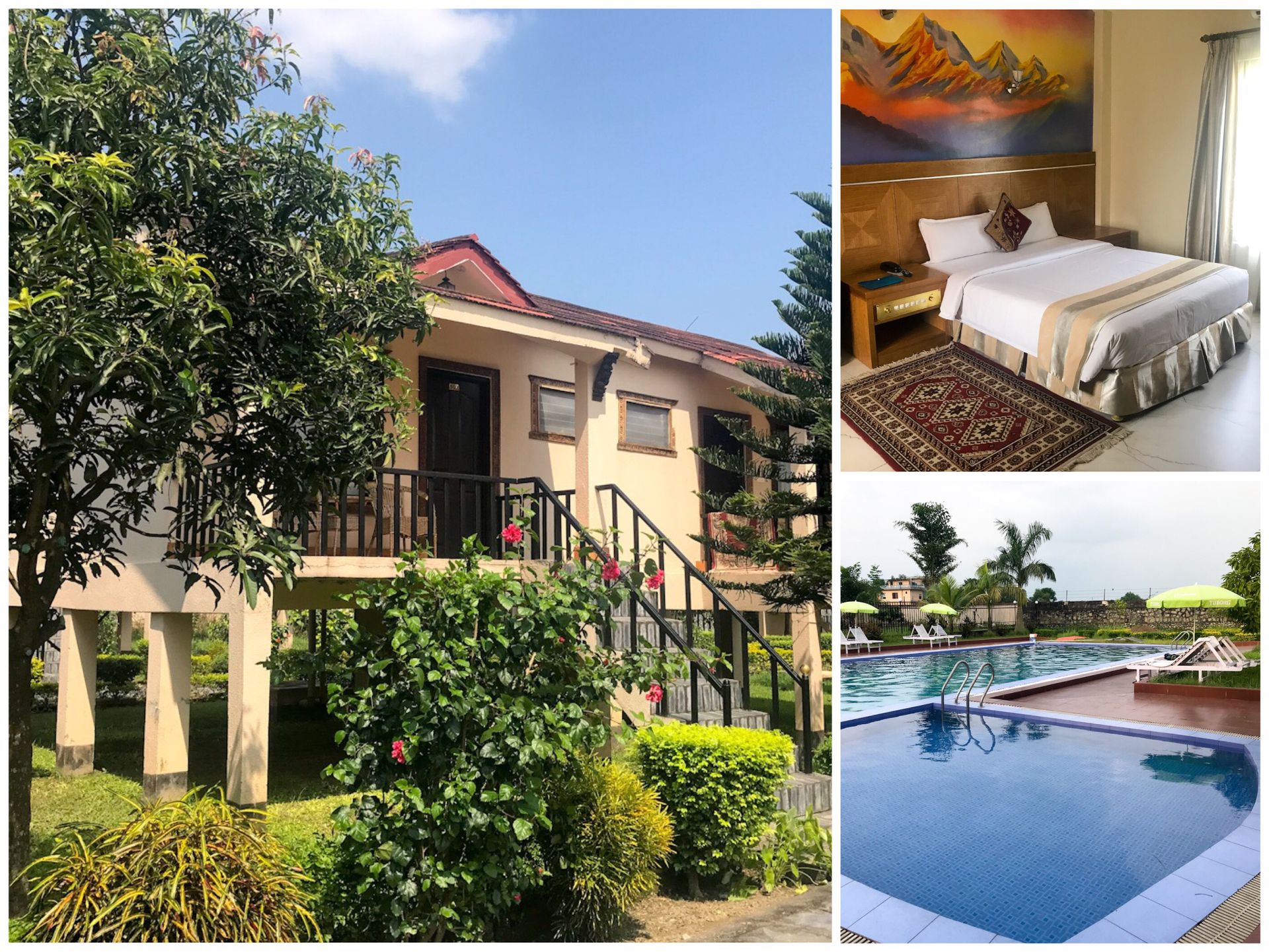
The program is tight and requires getting up at 6 o'clock every day. And the bed is sooo cozy. Damn.
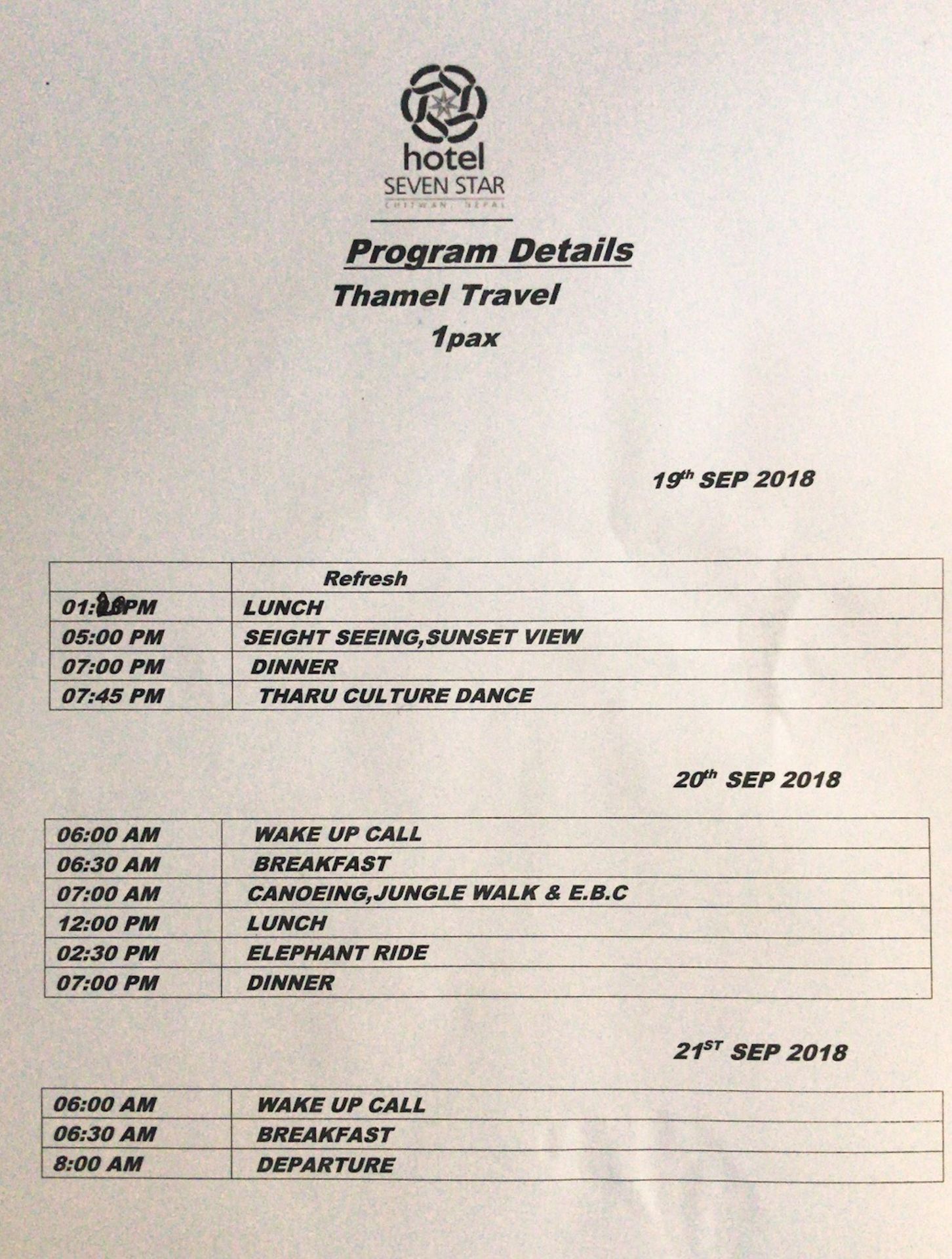
During lunch, I am the only one with 5 waiters. Very strange. They serve me very attentively, and I strike up a conversation with the nice waitress. After that, it's time to unpack my bag, write messages, and go to the pool. But the entrance is locked. The housekeeper, who is beaming from afar, takes care of it and calls the pool attendant, who, as she explains, is eating something with her. I assure her that I can swim well and am perfectly fine being alone, that it is enough for me if she just unlocks the pool so that I can swim a few laps, and that I definitely don't want to disturb him while he is eating. She just laughs friendly and replies that it is her job and they would like to do it. I believe her immediately; you can see it in her. However, her colleague comes along grumpily, looks at me strangely as if I were an unknown species, slams himself in the shade, and plays with his mobile phone. I swim a few laps. The water is warm, but it doesn't matter. I love water. To the further annoyance of the pool attendant, I simply move one of the loungers into the shade and read in the travel guide on the Kindle app about everything there is to know about the national park. After dinner, which is not bad, but honestly not as delicious as the food in the little eateries, we go on a sightseeing tour. We are driven to the entrance of the national park in a group of five, which is just around the corner. Then the guide takes us to the elephant enclosures. Here, the domesticated working elephants are chained up overnight. The other tourists are thrilled and take enthusiastic photos. The guide is surprised by my lack of enthusiasm. And when I explain to him that I am absolutely against elephants being kept in chains - on very short chains, by the way - he proudly explains to me that they are well taken care of and are released for a few hours to bathe and walk twice a day. As domesticated elephants, they are less powerful than the wild ones and are in danger in the forest at night. Oh really! He doesn't realize that I am generally opposed to domestication for the entertainment of tourists and I ponder where the line is drawn. Eat meat, yes or no? Going to the zoo with children? Everyone has to decide for themselves.
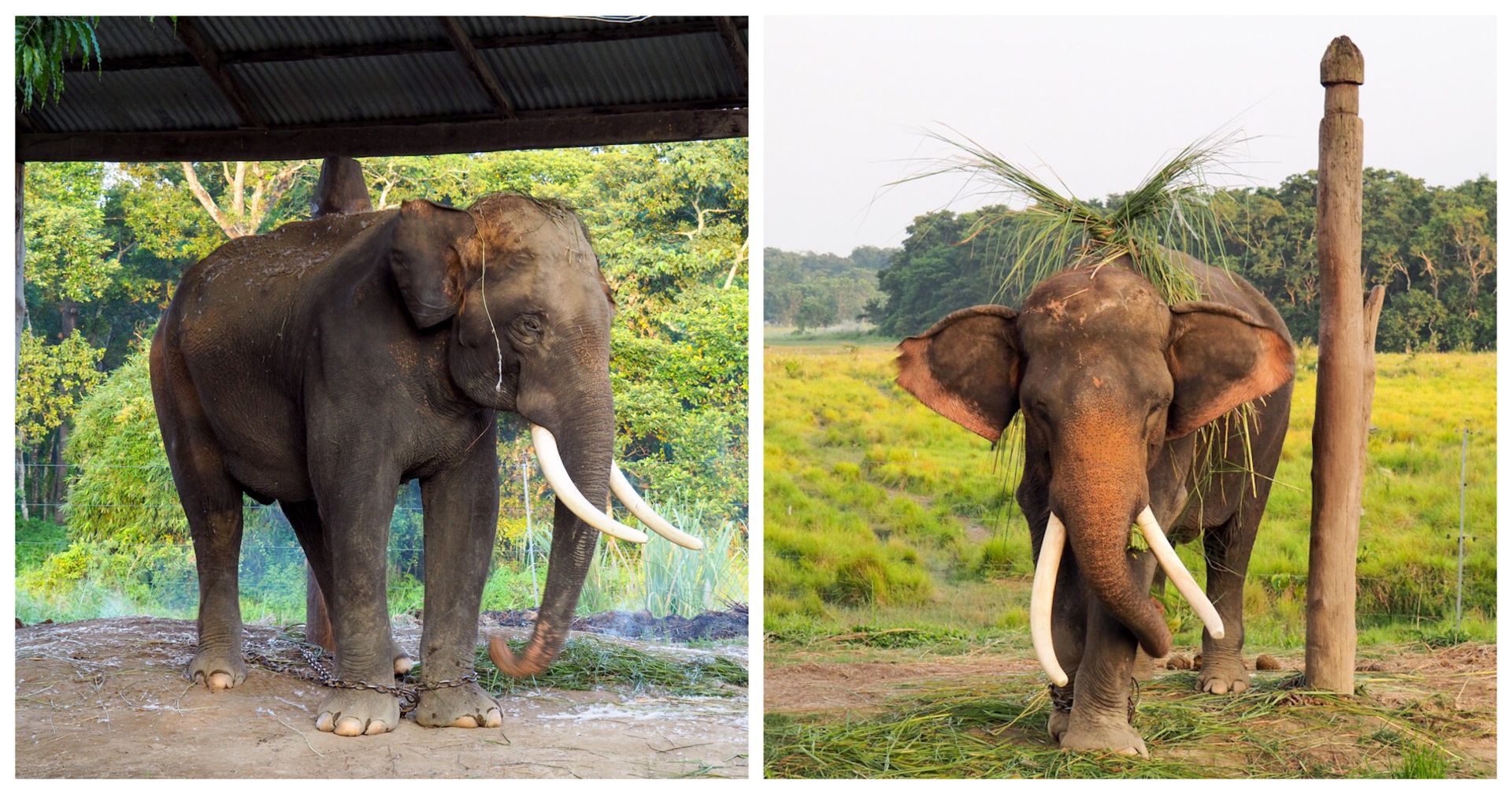
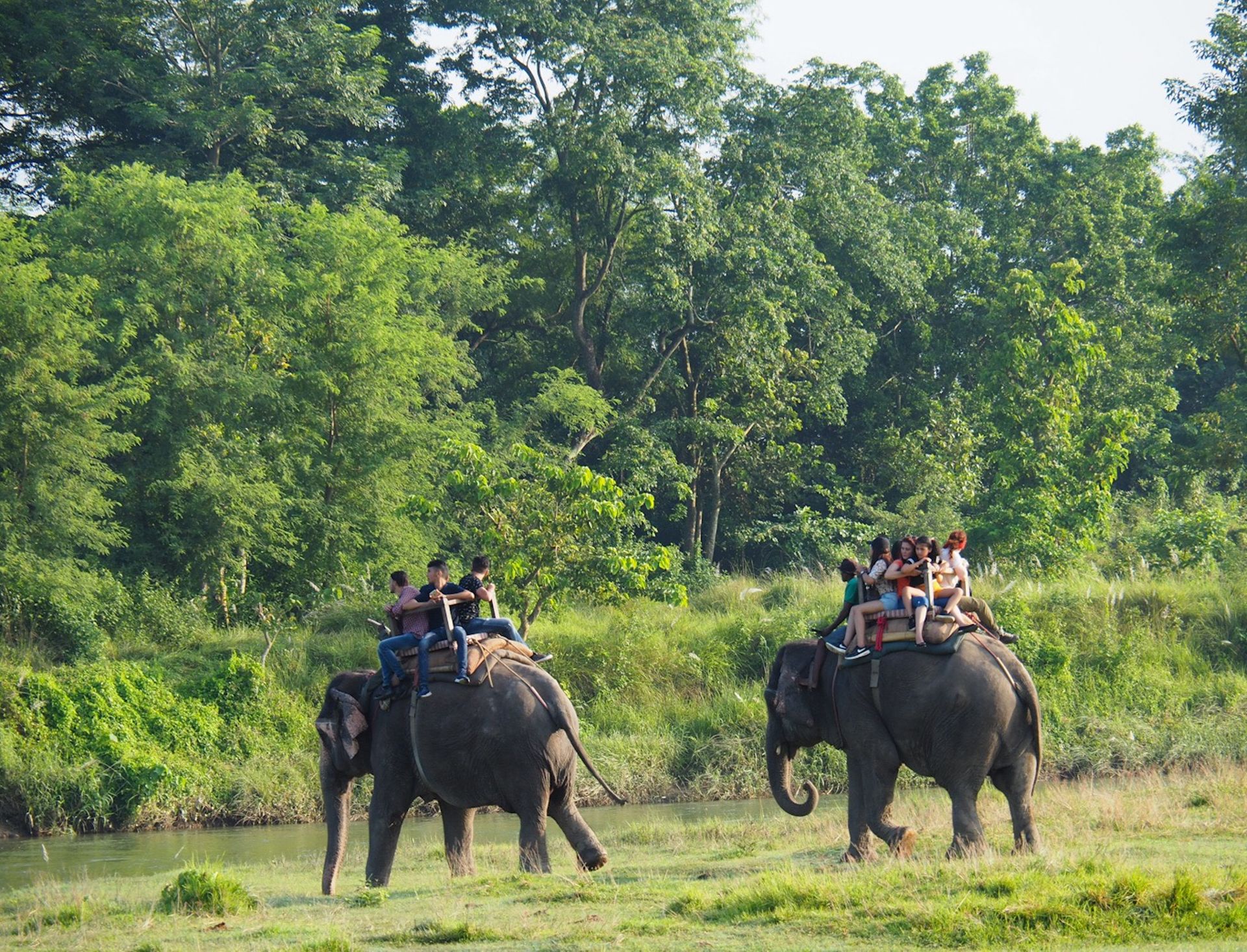
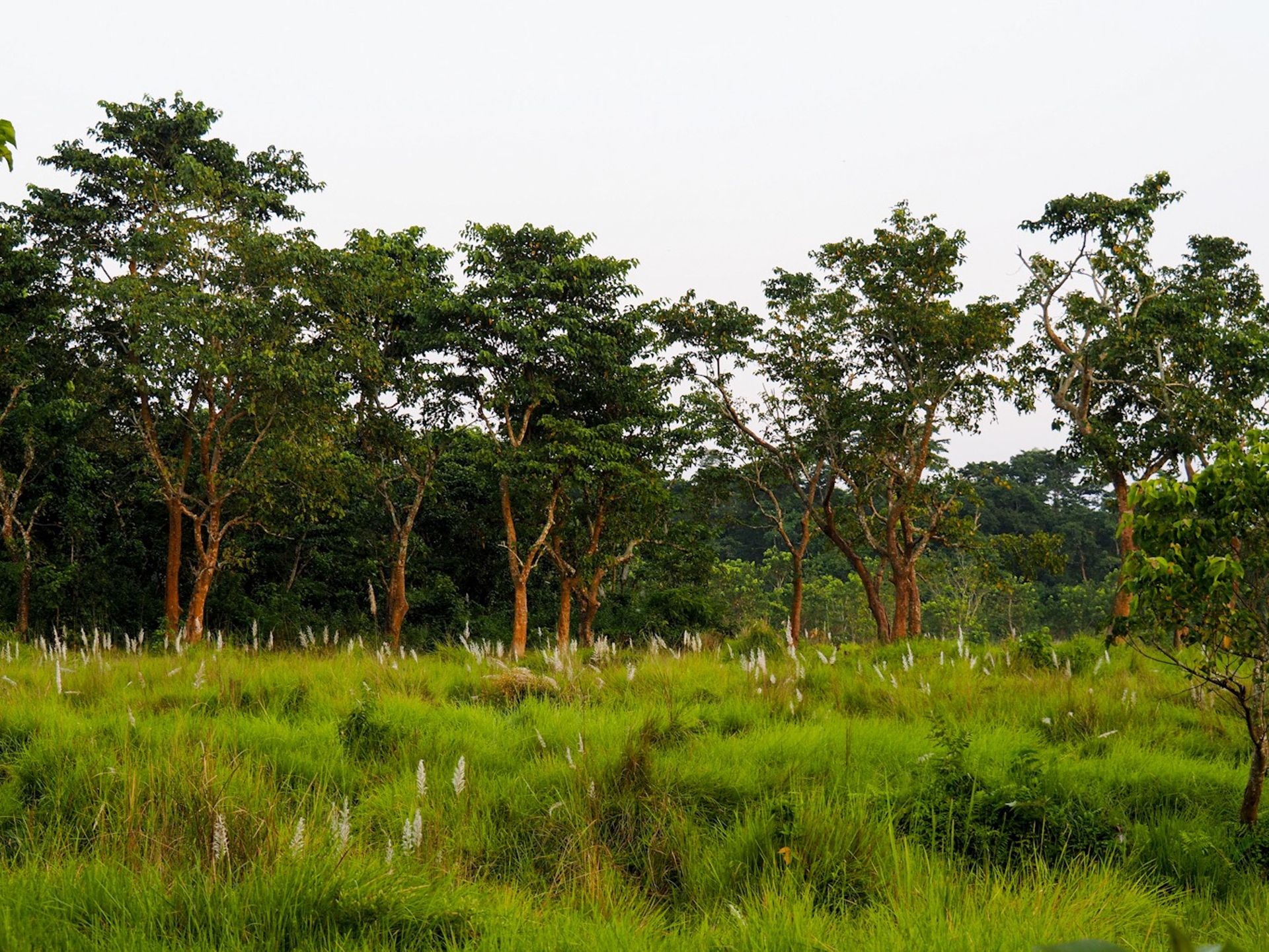
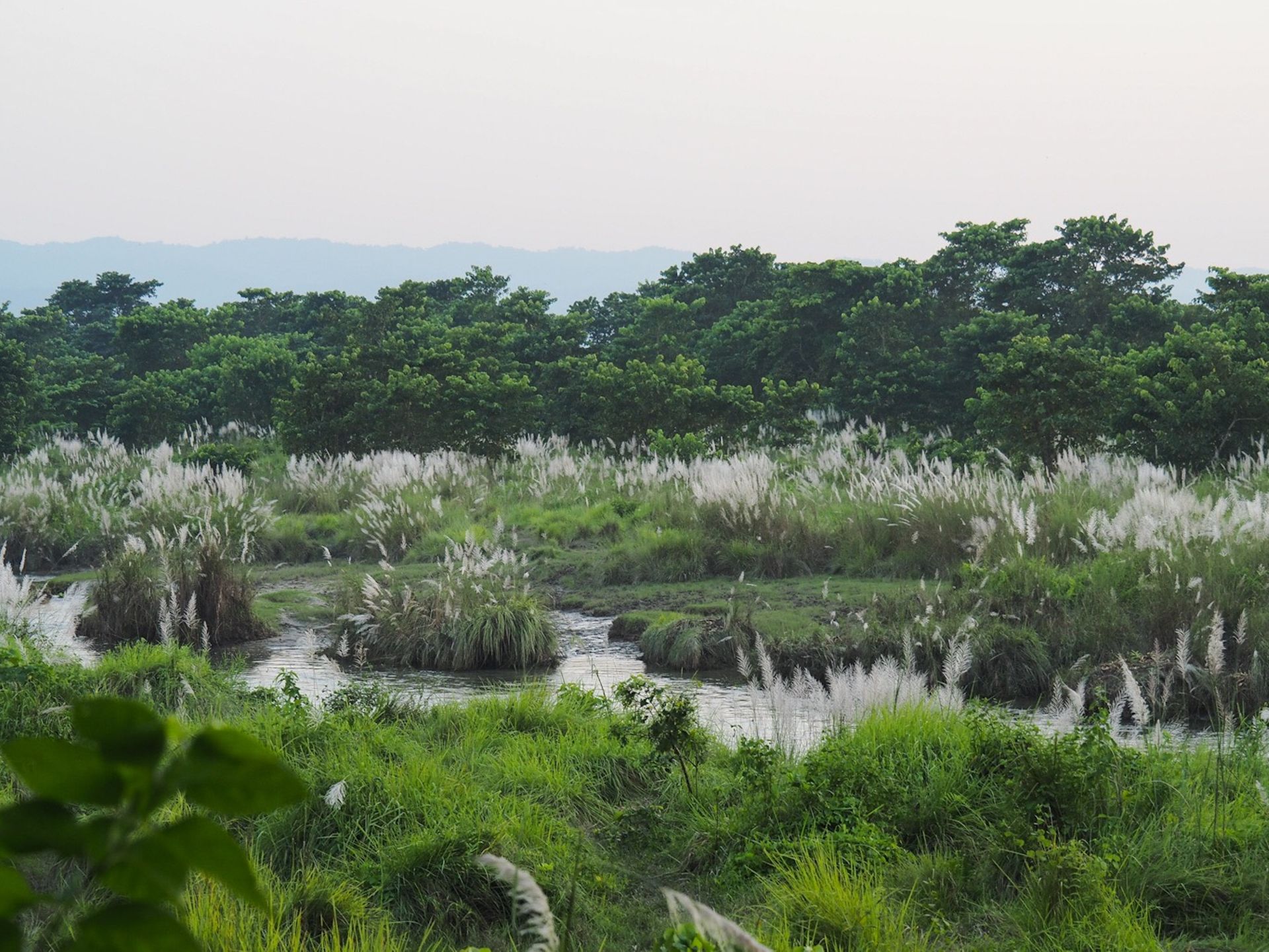
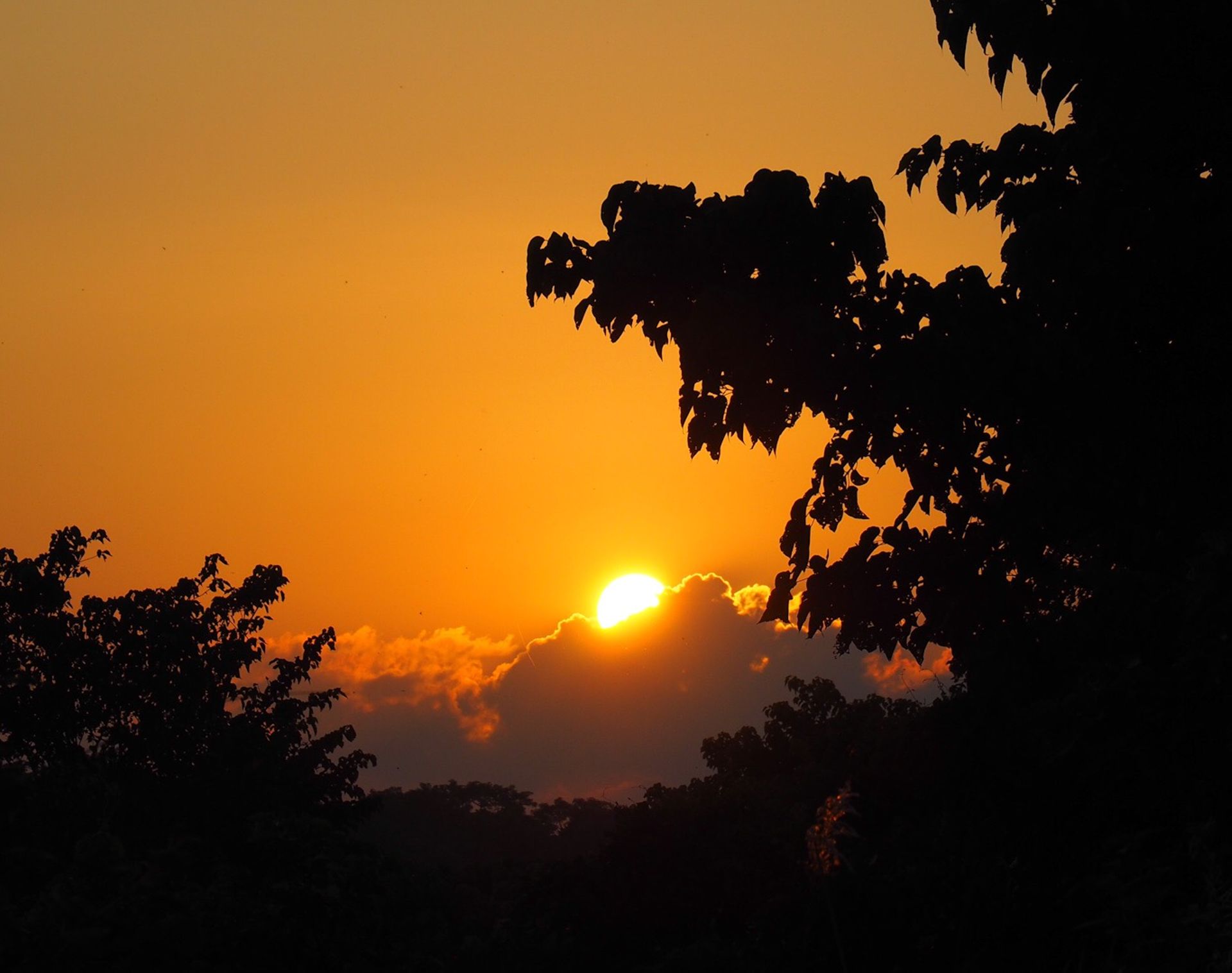

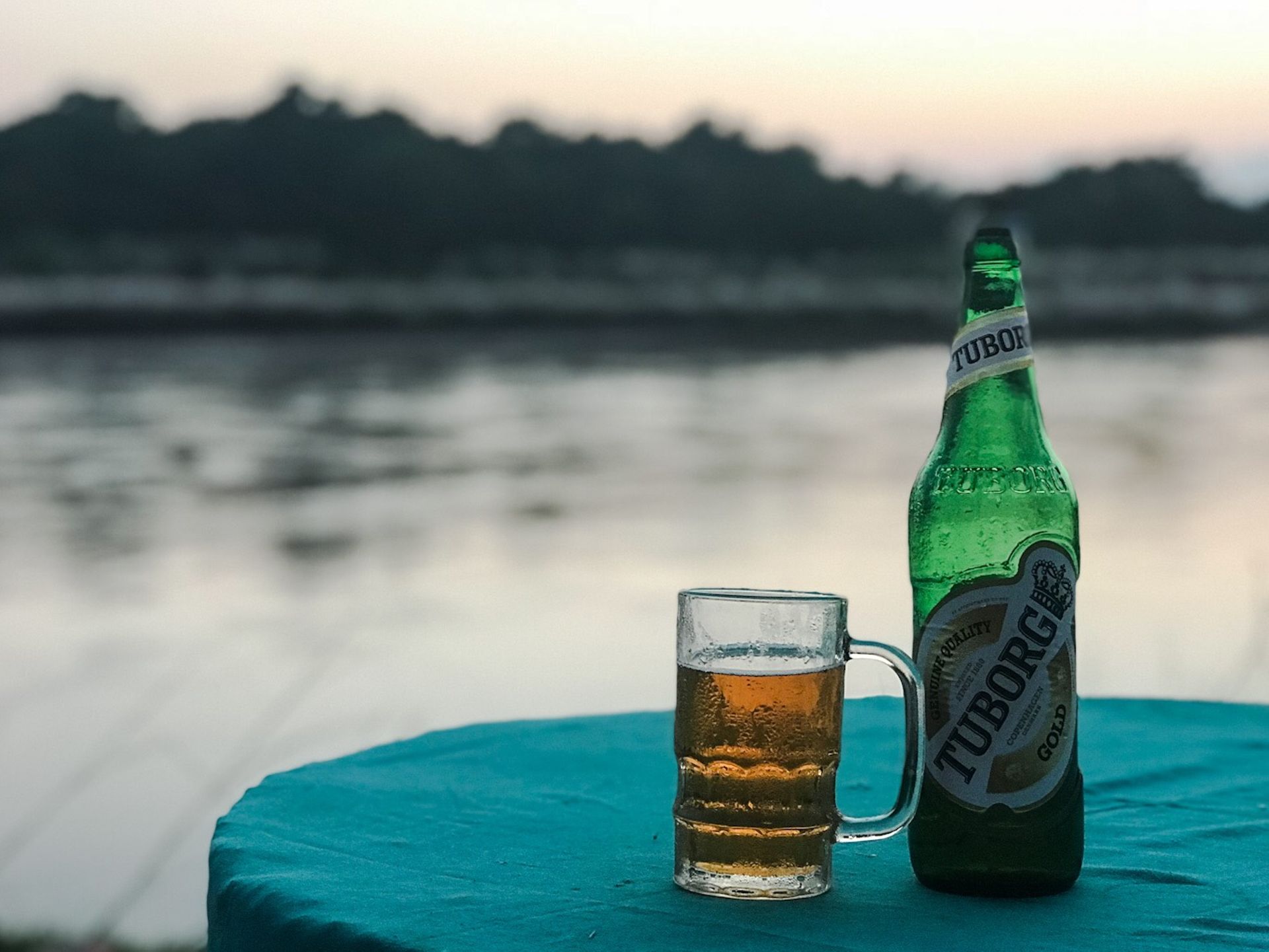
گېزىتلەرگە مۇشتەرى بولۇڭ
جاۋاب (1)
Alex
Na wenigstens ist das Bier lecker und die Aussicht entschädigt vom Elefanten Drama. Ich glaube Du erkennst die Wahrheit weil Du sie frei kennengelernt hast. LG Alex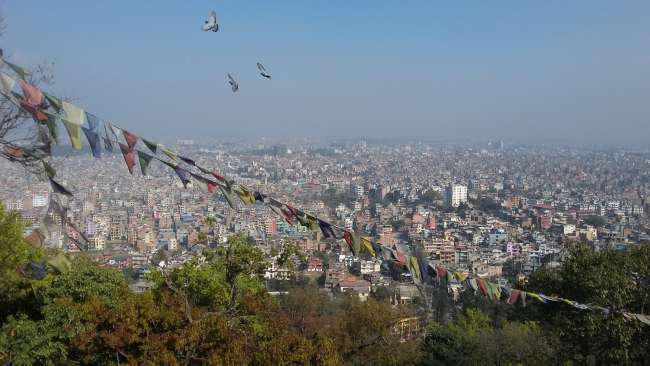
ساياھەت دوكلاتى Nepal
